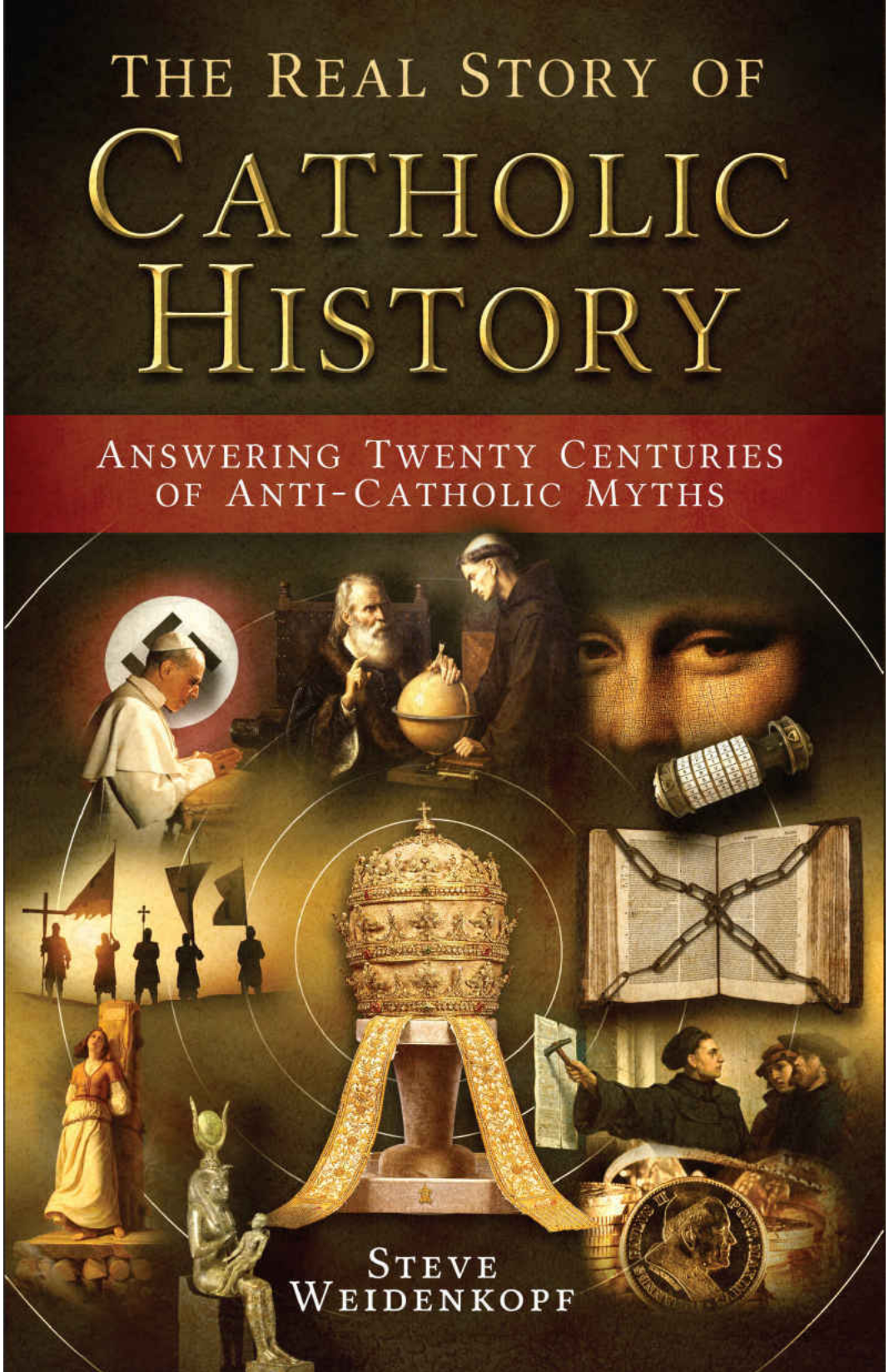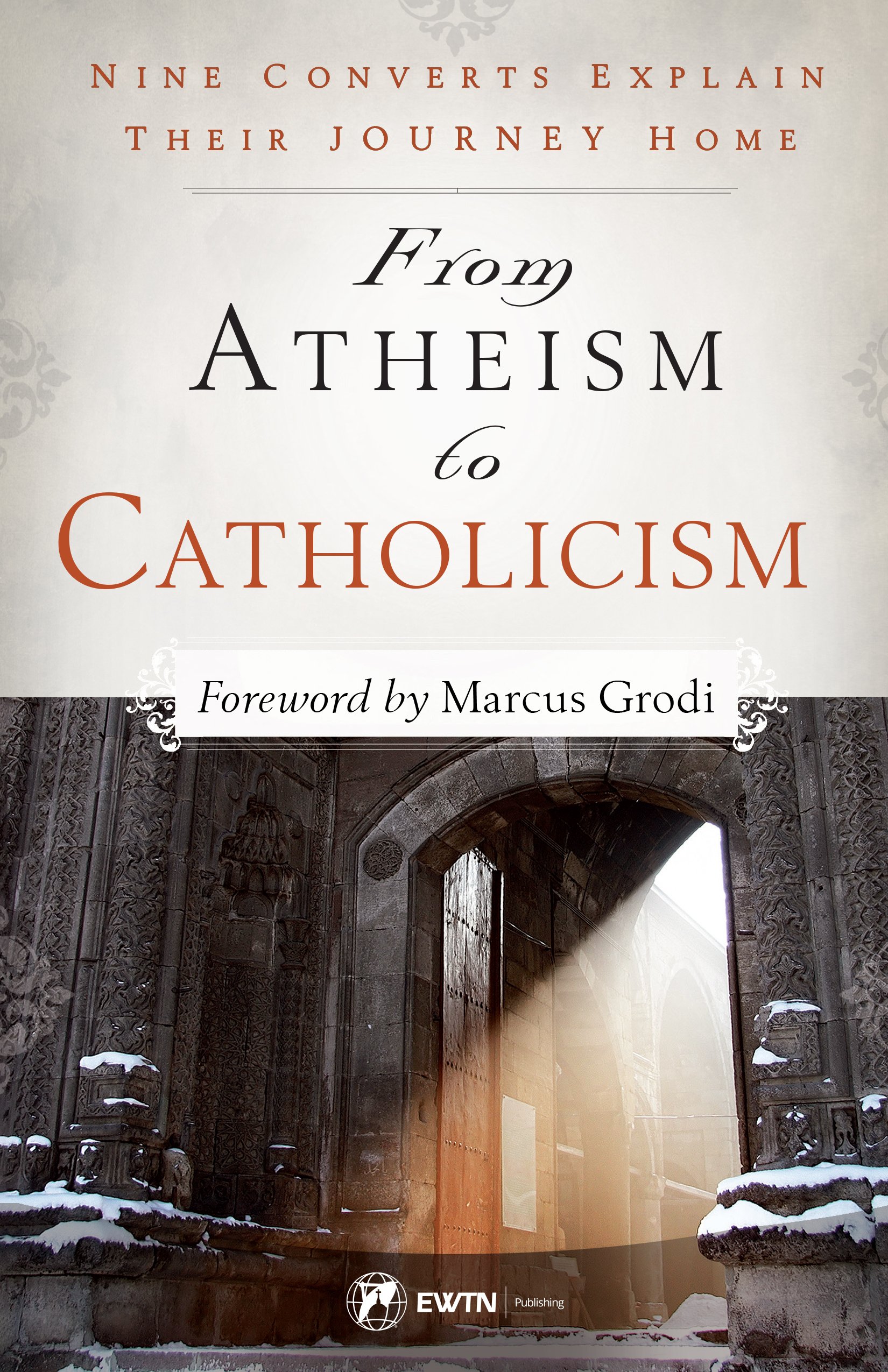
PTL!!!!!
9/9/17
-by Rev. John F. Baldwin, SJ. Father Baldwin is professor of historical and liturgical theology at the Boston College School of Theology and Ministry.
https://www.americamagazine.org/faith/2017/09/09/liturgical-expert-explains-pope-francis-change-mass-translation-rules
“The question of who has appropriate responsibility for the translation of liturgical texts has been a kind of political football since the Second Vatican Council. On the one hand, the council clearly wanted that responsibility to rest mainly with episcopal conferences (i.e. national assemblies of bishops). On the other hand, even before the council ended, a Vatican instruction on implementing the liturgical reform put the weight of responsibility not on the national bishops conferences but on the recognition and confirmation of translated texts by the Holy See (i.e. the Congregation for Divine Worship and the Discipline of the Sacraments—as it is now known).
In English-speaking countries this procedure did not seem to cause much concern during the first wave of translation (through the 1970’s). However, beginning with the second generation of revisions, especially the revision of “Pastoral Care of the Sick: Rites of Anointing and Viaticum” (1983), the Vatican began to become more proactive in scrutinizing translations sent to them. In the meantime the International Commission on English in the Liturgy (ICEL) made up of bishops of eleven English-speaking episcopal conferences continued to produce revised translations according to the principles laid out in the Congregation for Divine Worship and the Discipline of the Sacraments’ own document on translation, “Comme le Prévoit,” published in 1969.
During the 80’s and 90’s relations between the Vatican and ICEL became more and more strained. A crucial moment came with ICEL’s new translation of the liturgical psalter in 1995. Three years later the Vatican forced the U.S. bishops conference to withdraw its approval (imprimatur) for the translation. In 1997 the Vatican responded to the proposed ICEL translation of the Rites of Ordination with a letter citing 114 errors and claiming that many more were found in the translation that had been sent to the Congregation for Divine Worship and the Discipline of the Sacraments. It should be noted that each episcopal conference needs to approve translations to be sent to Rome by a two-thirds vote.
With the new U.S. representative to ICEL, Cardinal Francis George, taking the lead the Vatican proceeded to change ICEL’s constitution and remove its long-term executive secretary, Dr. John Page, as well as all of the advisors who had done the work of preparing the translations for the bishops’ approval. At the same time the Congregation for Divine Worship and the Discipline of the Sacraments issued a new instruction on translation, “Liturgiam Authenticam” (2001), which reversed the translation strategy of “Comme le Prévoit” insisting on a much more literal translation of the Latin texts (including word order and punctuation) than the previous philosophy which was commonly called dynamic equivalence.
As is well known, this change imposed by the Vatican led to the scrapping of a translation of the Roman Missal that had been approved by all of the English-speaking conferences in 1998 (again by a two-thirds vote in each conference). A new translation of the Missal was prepared and approved in 2010. It had been preceded by a revised ordination rite and followed by a translation of the rite of confirmation and just a year ago by a new translation of the second edition of the marriage rite, which had appeared in 1992!
Last December Pope Francis announced that he was appointing a commission of bishops and experts under the chairmanship of the secretary for the Congregation for Divine Worship and the Discipline of the Sacraments (second in command), Archbishop Arthur Roche, to review “Liturgiam Authenticam.” They met sometime last winter. The motu proprio, “Magnum Principium,” issued by Pope Francis today is presumably a response to their report.
This latest document may not be a bombshell but it is certainly a significant change in direction with regard to who has responsibility for liturgical translations. The pope has changed Canon 838 in two important ways.
The first change is to the text that formerly read:
§2. It is for the Apostolic See to order the sacred liturgy of the universal Church, publish liturgical books and recognise their translations in vernacular languages, and exercise vigilance that liturgical regulations are observed faithfully everywhere.
It now reads (changes in bold):
§2. It is for the Apostolic See to order the sacred liturgy of the universal Church, publish liturgical books, recognize adaptations approved by Conferences of Bishops according to the norm of law, and exercise vigilance that liturgical regulations are observed faithfully everywhere.
The second change is to the text that formerly read:
§3. It pertains to the conferences of bishops to prepare and publish, after the prior review of the Holy See, translations of liturgical books in vernacular languages, adapted appropriately within the limits defined in the liturgical books themselves.
It now reads (changes in bold):
§3. It pertains to the Conferences of Bishops to faithfully prepare versions of the liturgical books in vernacular languages, suitably accommodated within defined limits, and to approve and publish the liturgical books for the regions for which they are responsible after the confirmation of the Apostolic See.
This latest document may not be a bombshell but it is certainly a significant change in direction with regard to who has responsibility for liturgical translations.
Tweet this
The most important key here is found in §2 where “translations” is replaced by “adaptations.” The latter refer to significant changes to the original Latin text (typical edition) published by the Vatican—i.e., additions made by the conferences themselves. They are subject to a closer vetting by the Congregation. Now the translations (§3) are to be confirmed by the Holy See. The import of this seemingly small change is noted by the pope himself in the motu proprio:
“In order that the decisions of the Council about the use of vernacular languages in the liturgy can also be of value in the future a vigilant and creative collaboration full of reciprocal trust between the Episcopal Conferences and the Dicastery of the Apostolic See that exercises the task of promoting the Sacred Liturgy, i.e. the Congregation for Divine Worship and the Discipline of the Sacraments, is absolutely necessary.”
To put it more simply, the weight of responsibility now falls much more on the shoulders of the various episcopal conferences. This is made clearer in the official Vatican commentary on the motu proprio:
“In brief, the “confirmatio,” ordinarily granted based on trust and confidence, supposes a positive evaluation of the faithfulness and congruence of the texts produced with respect to the typical Latin text, above all taking account of the texts of greatest importance (e.g. the sacramental formulae, which require the approval of the Holy Father, the Order of Mass, the Eucharistic Prayers and the Prayers of Ordination, which all require a detailed review).”
In his explanatory “key” to reading the motu proprio Archbishop Roche asserts that “Liturgiam Authenticam” needs to be reinterpreted in light of the new document with regard to how it deals with the Vatican’s stamp of approval.
What are the consequences? In the first place, the Vatican still has the last say on translations. That has not changed—nor is it likely to for fairly obvious reasons like the unity of the faith. But, second, the Vatican commission, Vox Clara, which had been established by Pope John Paul II in 2002 to help the Congregation for Divine Worship and the Discipline of the Sacraments vet English translations is now redundant. For many it had been a clear violation of the spirit and the letter of Vatican II in the first place. Third, those conferences which have been experiencing tension with the Vatican over revised translations, like the French-speaking and German-speaking, now have much more breathing room in deciding what is best for translating liturgical texts. Fourth, conferences will now have great latitude in applying the rules set out in “Liturgiam Authenticam.” In any case it would be a good time for the Vatican to issue a more balanced statement on translation in line with the pope’s obvious desire to respect the “entire communicative act” (surely a reference to “Comme le Prévoit”) as well as to be faithful to sound doctrine.
Finally, what about the English-speaking Catholic world? It is no secret that the 2010 translation has received a mixed reception and a number of prominent Catholics, not least the Australian Jesuit theologian, Gerald O’Collins, have called for a reconsideration of the current missal. Many will rejoice greatly if the current translation is revisited. Certainly, some will not. The bishops, particularly the U.S. Bishops’ Conference, will have to decide how to proceed. They now have much more authority over liturgical translation. The ball is in their court.
‘America’ Magazine Editor’s note: the author has clarified this article with respect to which changes to the Latin text fall under the authority of episcopal conferences and also which aspects of “Liturgiam Authenticam” stand in need of reinterpretation.
Love & real ‘Merican English!!,
Matthew








